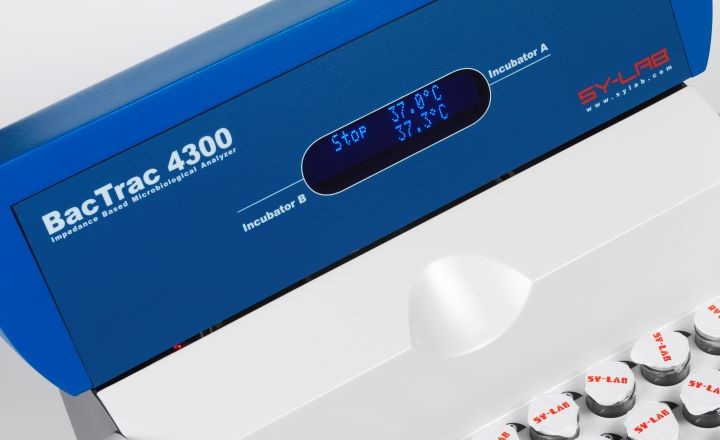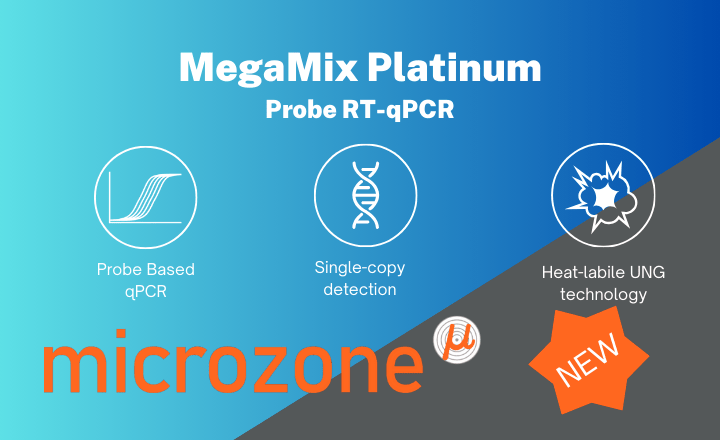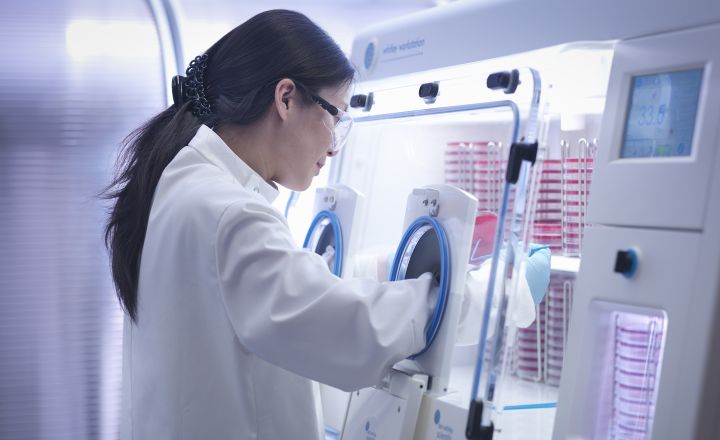- Obesity in adolescence often persists into adulthood, increasing lifelong risk for metabolic disease and cardiovascular complications.
- FMT offers a microbiome-targeted intervention that may improve metabolic health independently of weight loss.
- Understanding the long-term impact of FMT is crucial for evaluating its potential as a therapeutic tool for metabolic disorders.
Key findings: The Gut Bugs Trial in New Zealand involved 87 adolescents (aged 14–18 years) with obesity BMI ≥ 30 kg/m2. Participants were randomized to receive placebo or oral FMT capsules containing gut microbiota from four healthy lean sex-matched donors were administered orally. At 4-year follow-up, 55 participants were assessed1.
- While no significant difference in BMI was observed between FMT and placebo groups (−3.6 kg/m², p = 0.095), FMT recipients showed improvements in:
- Waist circumference (−10.0 cm, p = 0.026)
- Total body fat (−4.8%, p = 0.024)
- Metabolic syndrome severity score (MetSSS(−0.58, p = 0.003)
- Systemic inflammation (−68% hs-CRP, p = 0.002)
- HDL cholesterol (+0.16 mmol/L, p = 0.037)
- No significant changes were observed in glucose markers or other lipid parameters.
- Metagenomic sequencing of stool samples revealed persistent alterations in gut microbiome richness, composition, and functional capacity, including donor-derived bacterial and bacteriophage strains. While no particular donor strain was universally detected in all clinical responders, higher abundances of Bacteroides thetaiotaomicron were associated with greater reductions in metabolic markers. Additionally, baseline abundances of Agathobaculum butyriciproducens, Coprococcus catus, and Dorea formicigenerans correlated with more substantial metabolic improvements.
Bigger picture:
In the U.S., more than 20% of adolescents are obese.2 Childhood obesity increases the risk of adult metabolic disorders, including type 2 diabetes, hypertension, dyslipidemia, and atherosclerosis.3 Inflammation drives insulin resistance, endothelial dysfunction, and dyslipidemia; in obesity, chronic low-grade inflammation mediated by adipose tissue macrophages and cytokines contributes directly to these disturbances.4
FMT may improve metabolic health in adolescents by reducing central adiposity, systemic inflammation, and metabolic syndrome severity. While BMI remained unchanged, the improvements reported by Wilson et al. suggest that long-term metabolic benefits are possible.1 Further research is needed to explore broader outcomes, optimal donor selection, and personalized microbiome therapies.
References:
1. Wilson, B.C., Zuppi, M., Derraik, J.G.B. et al. Long-term health outcomes in adolescents with obesity treated with faecal microbiota transplantation: 4-year follow-up. Nature Communications. 16, article number 7786
2. CDC, National Center for Health Statistics, “Obesity and Overweight.” Accessed on October 1, 2025
3. Juonala, Markus et al. 2011. “Childhood adiposity, adult adiposity, and cardiovascular risk factors.” The New England Journal of Medicine. Vol. 365,20, pages1876-1885
4. Henning RJ. 2021. Obesity and obesity-induced inflammatory disease contribute to atherosclerosis: a review of the pathophysiology and treatment of obesity. American Journal of Cardiovascular Disease. Vol 11, issue 4, pages 504-529























